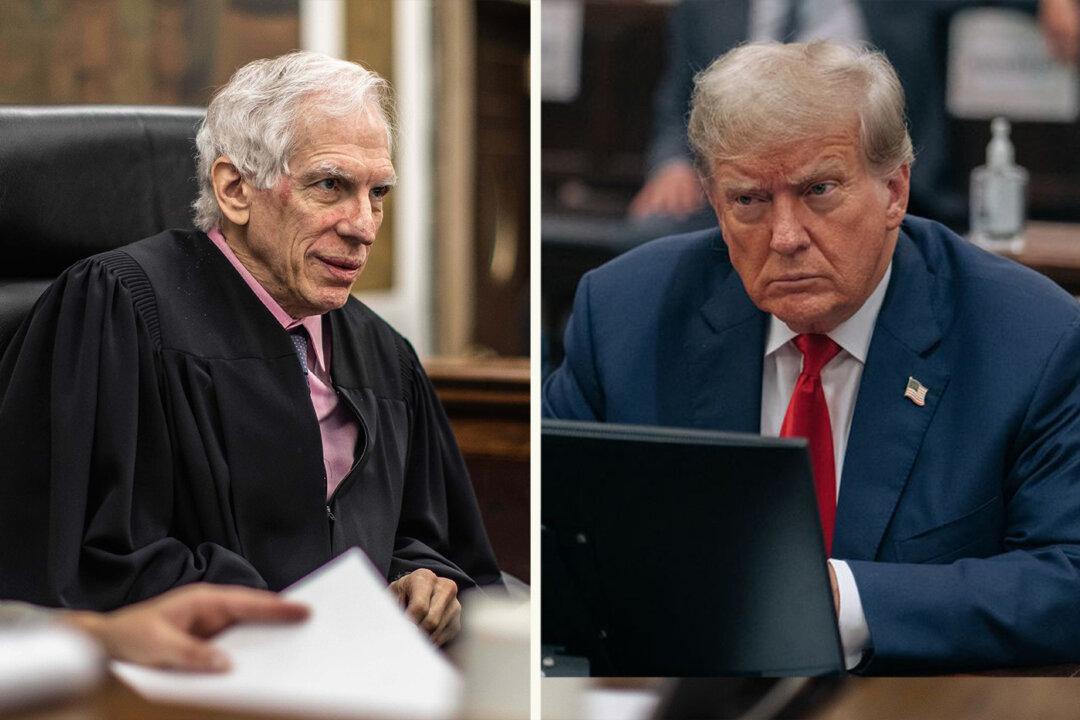New York Supreme Court Justice Arthur Engoron indicated to attorneys on Jan. 10 that former President Donald Trump likely won’t participate in closing arguments for his civil fraud trial.
Emails posted to the court docket show Justice Engoron telling President Trump’s attorney Chris Kise, “Not having heard from you by the third extended deadline (noon today), I assume that Mr. Trump will not agree to the reasonable, lawful limits I have imposed as a precondition to giving a closing statement above and beyond those given by his attorneys, and that, therefore, he will not be speaking in court tomorrow.”






